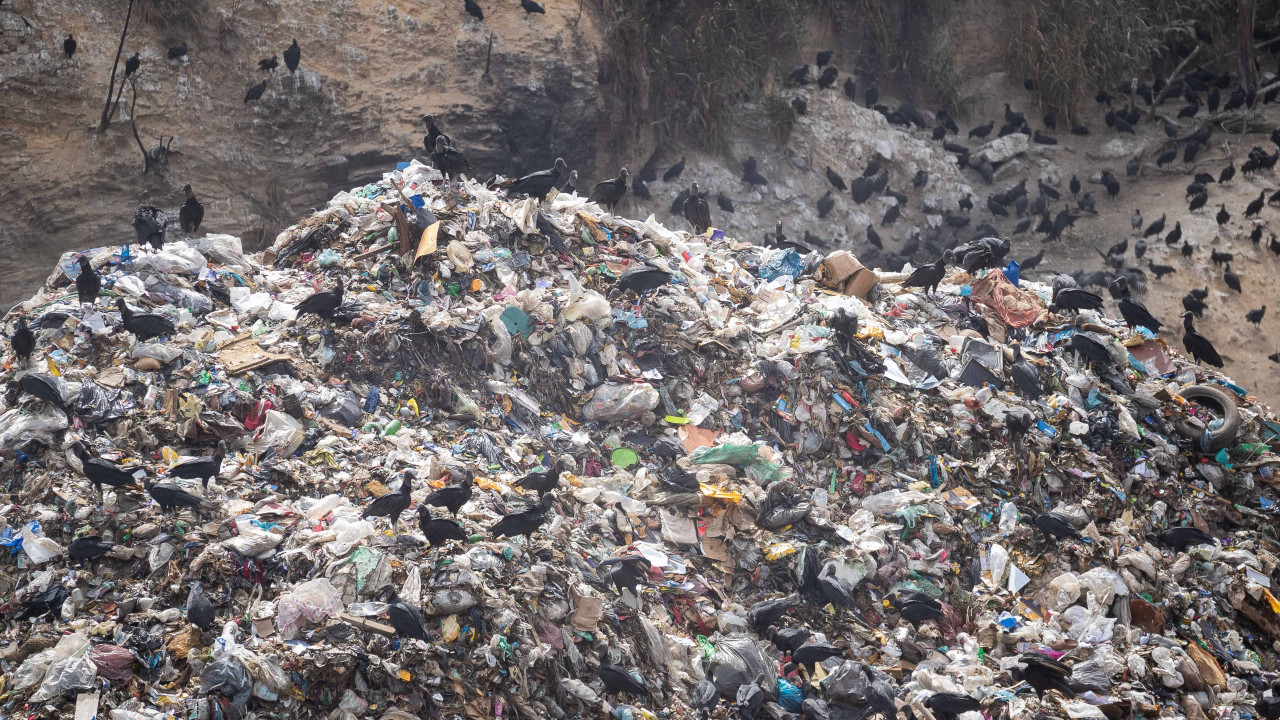
O The alert is part of a report by the United Nations Environment Program (UNEP), the “Global Waste Management Outlook 2024” (GWMO), published today and which highlights the consequences of inaction in global waste management, with high costs for human health, the economy and the environment.
The GWMO highlights that if the more than two billion tons of waste produced every year were placed in shipping containers, it would travel a distance equivalent to “25 times around the Earth’s equator or more than a round trip to the Moon “.
“If urgent measures are not taken in waste management, by 2050 the global annual cost could double to an impressive 640.3 billion dollars (around 580.13 billion euros)”, warns UNEP in the report, presented at the 6th United Nations Environment Assembly (UNEA-6), in Nairobi.
UNEP Executive Director Inger Andersen highlighted in a statement the “fundamental role of decision-makers in the public and private sectors in the transition to the total elimination of waste”.
“Waste production is intrinsically linked to gross domestic product (GDP) and many fast-growing economies are struggling under the weight of rapidly growing waste,” highlighted Inger Andersen.
UNEP highlighted the urgency of adopting circular economy and zero waste measures.
“The world urgently needs to move towards a zero-waste approach, while improving waste management to prevent significant contamination,” said the report’s lead author, Zoë Lenkiewicz.
The circular economy model presented in the document refers to an economic system in which products and materials are designed in such a way that they can be reused or recycled.
This way, the economy can be shut down for as long as possible, along with the resources from which they are manufactured, and waste production is avoided or minimized, while greenhouse gas emissions are reduced.
The document warns that the waste crisis will be greater as it increases growth in countries where waste treatment continues to be polluting, such as dumping or open incineration.
“Despite efforts, little has changed. Humanity has even regressed, generating more waste (…). Billions of people do not have their rubbish collected”, summarizes the document.
While most waste is collected in rich countries, the collection rate is less than 40% in poorer countries.
Currently, between 400,000 and one million people die every year from diseases linked to concentrated waste management (diarrhea, malaria, cardiovascular diseases, cancer), the report highlights.
Waste deposited in the soil releases pathogens, heavy metals and other endocrine disruptors into the soil and groundwater for a long time. Open burning releases persistent substances into the atmosphere. Organic waste that decomposes in landfills is responsible for 20% of human emissions of methane, the most potent greenhouse gases.
UNEA-6, the world’s main environmental decision-making body, brings together “more than 5,000 representatives from governments, civil society and the private sector”, according to UNEP, based in Nairobi.
Read Also: UN condemns public executions in Afghanistan

Download our free App.
Eighth consecutive year Consumer Choice for Online Press and elected product of the year 2024.
* Study by e Netsonda, Nov. and ten. 2023 product of the year – pt.com
Source: https://www.noticiasaominuto.com/mundo/2511121/onu-volume-de-residuos-no-mundo-pode-aumentar-em-um-terco-ate-2050



